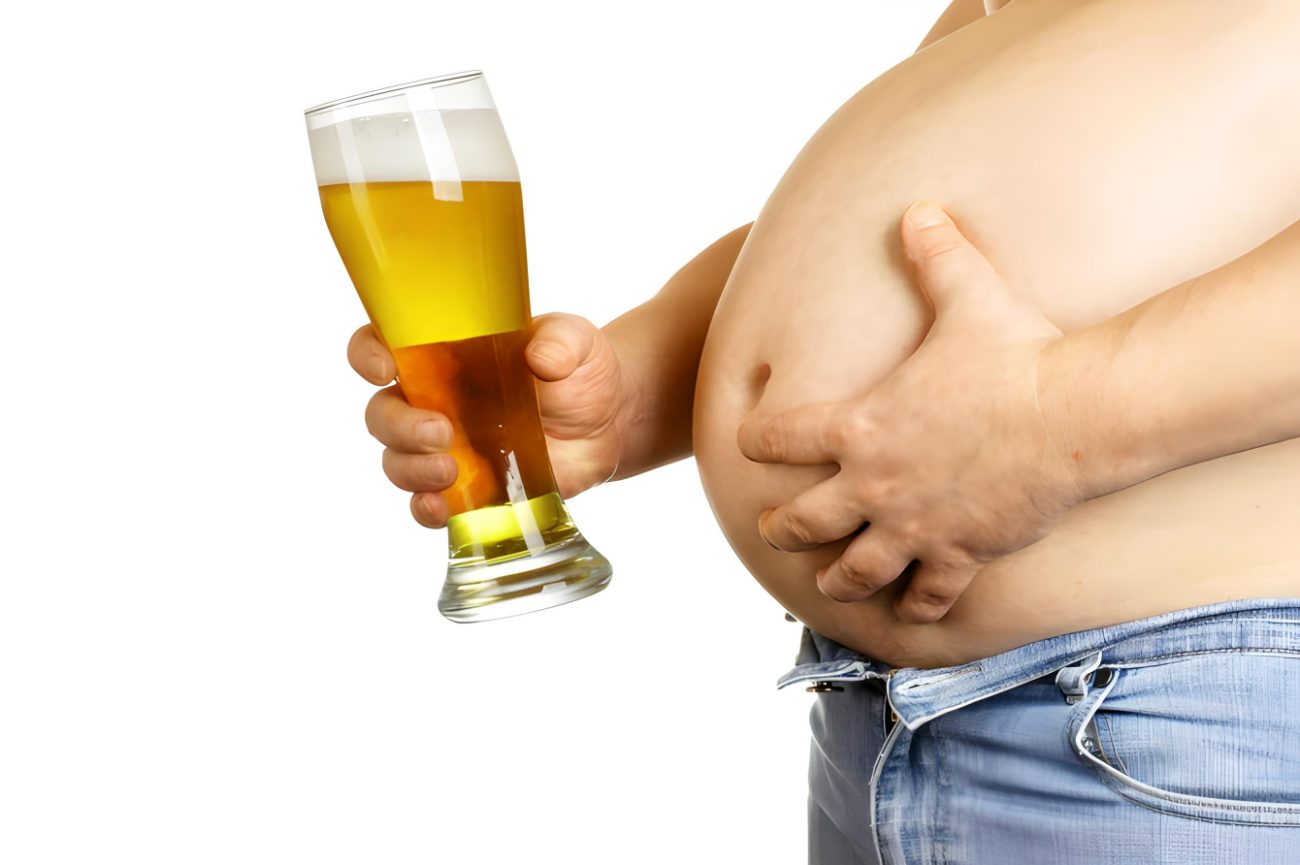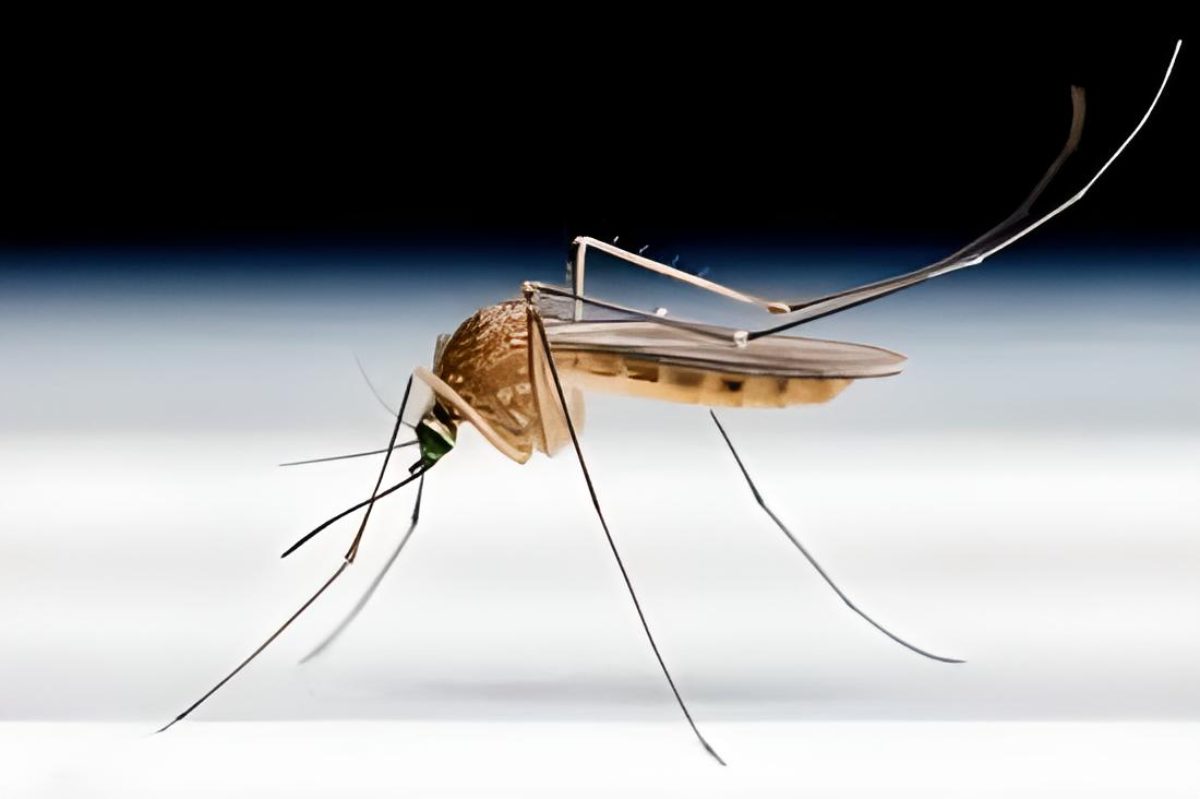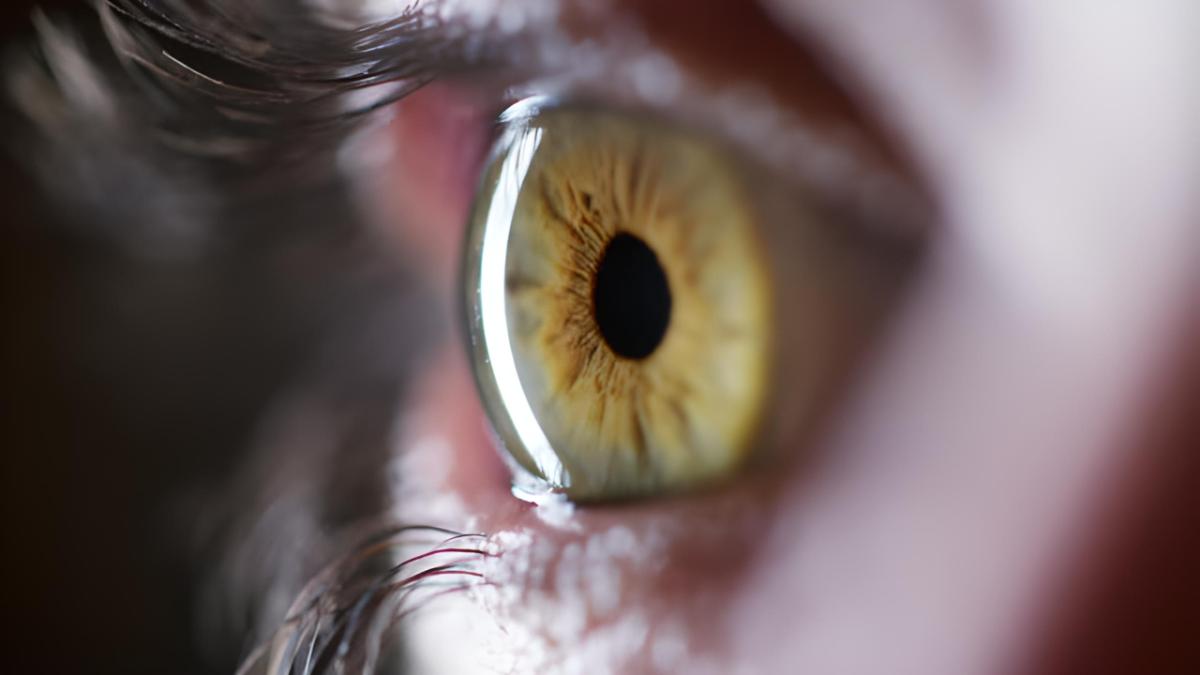We’re usually told that breakfast is the most crucial meal of the day and that eating late at night is bad for weight loss. Is it true that you should eat like a king at breakfast, a king at lunch, and a beggar at dinner? The time of day we eat our major meal doesn’t affect how many calories our bodies burn. However, the study participants who ate a healthy breakfast had an easier time sticking to their diets throughout the day.
Those attempting to lose weight face obstacles including multiple dietary ideas that promise efficient weight reduction, but in fact, they often fall short of expectations. Particularly resistant to loss is the stubborn fat around the abdomen, and many people’s best weight-loss efforts are quickly derailed by hunger attacks. Studies may assist in exploring the potential efficacy of both long-held dietary misconceptions and newer trends, even if science has no unique answer to provide.
Dietary advice on the test bench
One piece of advice among many is to have your largest meal of the day first thing in the morning and stick to lighter cuisine in the evening. The reasoning for this is that, according to popular belief, the human body is better able to metabolize calories consumed during the day than at night.
But should we trust this presumption? This was the topic of research conducted on 30 overweight men and women, directed by Leonie Ruddick-Collins of Aberdeen University in Scotland. There are several urban legends about the connection between when you eat and your health and weight. The scientists chose to investigate the effects of time of day on metabolism.
Managed meals
For two months, individuals received all three daily meals at the study facility, allowing scientists to carefully monitor their dietary consumption. It was decided at random who would receive the morning meal and who would receive the evening meal. In one study group, lunch accounted for 35% of daily calories, followed by supper at 20%. The other group had 20% of their calories in the morning, 35% at lunch, and 45% in the evening.
Each participant became his or her own control after four weeks of treatment when the groups were rotated. Ruddick-Collins and her colleagues monitored the individuals’ heart rates, blood pressure, and blood sugar levels throughout the trial. Male and female participants’ weights were recorded three times weekly.
Equilibrium of energy regardless of the time of day
Results showed that both diets resulted in comparable weight losses without any discernible variations in energy metabolism. Therefore, the body’s ability to use calories did not depend on what time of day they were taken. Over the course of the four weeks, individuals in both groups lost about 6.6 pounds (3 kg).
This research debunks the theory that eating at different times of the day leads to different energy expenditures. According to the findings, there is no best time of day to eat in order to lose weight, and instead, weight fluctuation is driven by energy balance.
Consuming a healthy breakfast might reduce appetite throughout the day
However, the scientists made a discovery that could help them understand why some individuals find it simpler to lose weight if they have their primary meal first thing in the morning. Participants said that when they ate a bigger breakfast, they were better able to control their hunger and felt full for the rest of the day.
The size of our breakfast and supper does not influence how much food we eat overall. On the basis of this study, scientists want to do more research, such as examining the impact of mealtimes on shift workers who have a disrupted day-night rhythm.



















